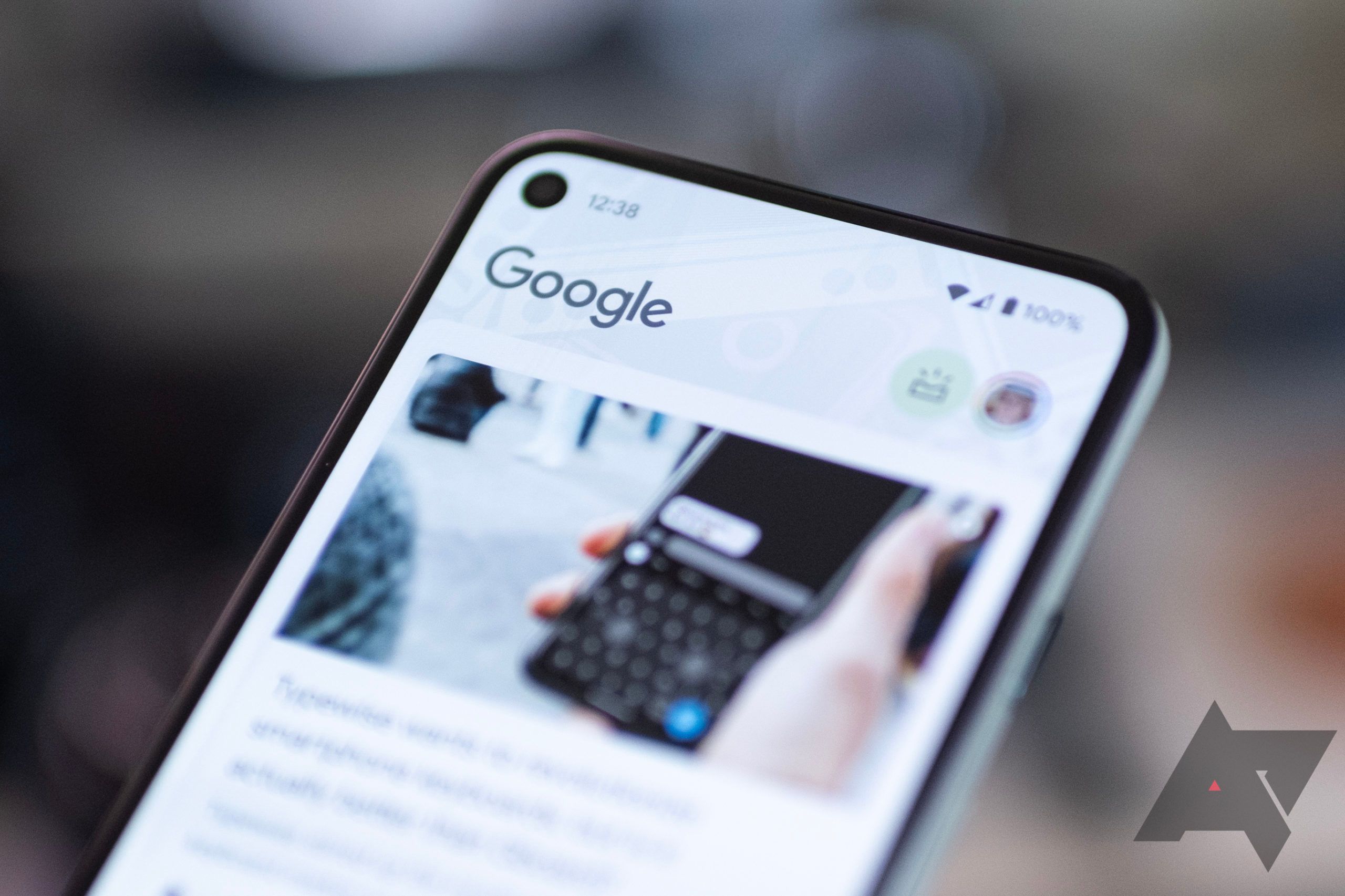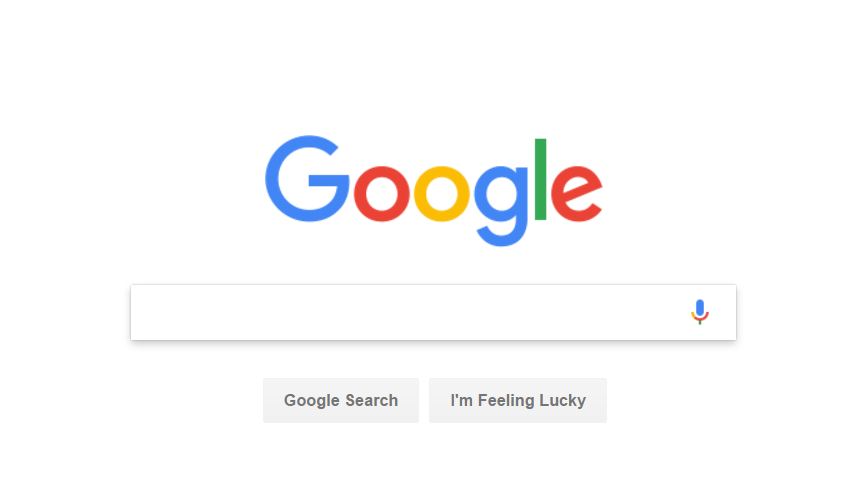latest

The internet is an excellent resource for keeping current on the latest news. However, fake news is still rampant despite ongoing prevention, monitoring, and cleanup efforts. That's why you need to learn about Google's fact-checking tool.

Twitter's Birdwatch pilot will allow users to flag content as misinformation
Community-driven approach aims to provide useful context from a diverse set of contributors
If the last few years of online life have taught us anything, it's that misinformation has become one of the defining issues of our time. This was abundantly clear during the 2020 US election, and we all saw Twitter's attempts to combat the problem by adding notes to Tweets warning of false claims and untruths. Doing that kind of moderation on a large scale is much more difficult, so Twitter plans to trial a community-driven approach that leverages the hive mind of its millions of uses.

Facebook Messenger follows WhatsApp, adds limit on forwarding texts
The feature is designed to limit the spread of fake news
Several messaging platforms allow you to forward a text to multiple groups at once, which can come in handy for many situations, but has also led to fake news spreading like wildfire. That's why Facebook-owned WhatsApp started limiting message forwarding to five groups earlier this year, and now the company is doing the same for its own Messenger service.

Twitter leak shows how volunteer fact-checking process could work
A demo illustrates how "fake news" tweets might be flagged
With political and societal upheaval seemingly on the daily global agenda, information and misinformation travels fast and one of the most prominent platforms where that occurs is Twitter. Where it was previously hesitant to install fact-checking guardrails to reduce the impact of intellectually harmful content, the company recently began labeling certain videos posted to tweets as deceptively manipulated. Soon, according to a leaked demonstration, it could take another step.

You've probably seen a certain story popping up on your news feeds this morning about the "leak" of a "Galaxy Note 10 Tesla Edition." No such product has leaked and there is no reason to believe a Tesla Edition Galaxy Note 10 exists. This wasn't even a rumor until this morning, when a certain publication rather renowned recently for producing brain-dead clickbait posted about it, but allow us to unravel this very, very, very easily debunked (did I mention just how easy it was?) story.

Most people reading this have learned not to implicitly trust the things that appear on Facebook, but not everyone is so cautious. The social network has been using a strategy called "remove, reduce, and inform" since 2016 to deal with false and misleading news. Today, Facebook says it's adding new policies to each of those three areas. Surely, this time it'll have the problem licked. Right? Right?!

WhatsApp is collaborating with a startup in India as it hopes to change the perception that the messaging app is used to spread misinformation. A new feature will help users determine the credibility of information sent to them during the country's national elections.

A new Android developer preview program is always an exciting moment here at Android Police. We love to dig into everything new and provide you with an early look at unreleased features. Better yet, you don't need to worry about installing unstable beta software on your device. However, we know you. Of course, you want to get your hands on the fresh release ASAP. Some bad actors on the Play Store know this as well. Searching for "update to Android" reveals a load of apps which promise that, but won't do that.

Cybersecurity researchers from Check Point have unearthed a vulnerability in WhatsApp that could allow attackers to trick users by intercepting messages and editing the content. This opens up the possibility of scamming people and spreading misinformation.

Facebook has been coming under fire recently due to controversies ranging from Russian interference in the 2016 elections to the Cambridge Analytica scandal. The role Facebook plays in influencing public opinion is undeniable, and it is easy for someone to use that influence for nefarious purposes with little or no accountability. Because of this, Facebook is making significant changes to the way it treats political ads, specifically in who can run them and how they are shown to users.

Was there ever really a simpler time when news wasn't printed unless it had been properly vetted, fact-checked, and certified as an iron-clad representation of the truth? Classical news reporting may not have been as bias-free and accurate as some of us would like to think, but there's little denying that the current way we consume our news can be pretty darn tricky to navigate, especially as it becomes more difficult for the less discerning reader to tell a solidly researched story apart from wild, paranoid speculation—or outright lies. As part of the just-announced Google News Initiative, Google's taking additional steps to make sure that the news users discover through its services is up to snuff.

With a platform as huge and open as YouTube, it's difficult to ensure that information distributed on it is honest and transparent. This issue has never been more apparent than it is now, with the spread of fake news and the labeling of real news as fake making it damn near impossible for viewers to know which sources they can trust.

Since time immemorial (1998) Google's bread, butter, and raison d'être has been search. Now Google's changing the way search works a bit, empowering users by adding new feedback tools and changing results from their search ranking to bring you more relevant and accurate information. With these changes users should see less in the way of so-called "fake news" and other non-factual content (excluding searches for that material), and more accurate and relevant information pertaining to their search.










